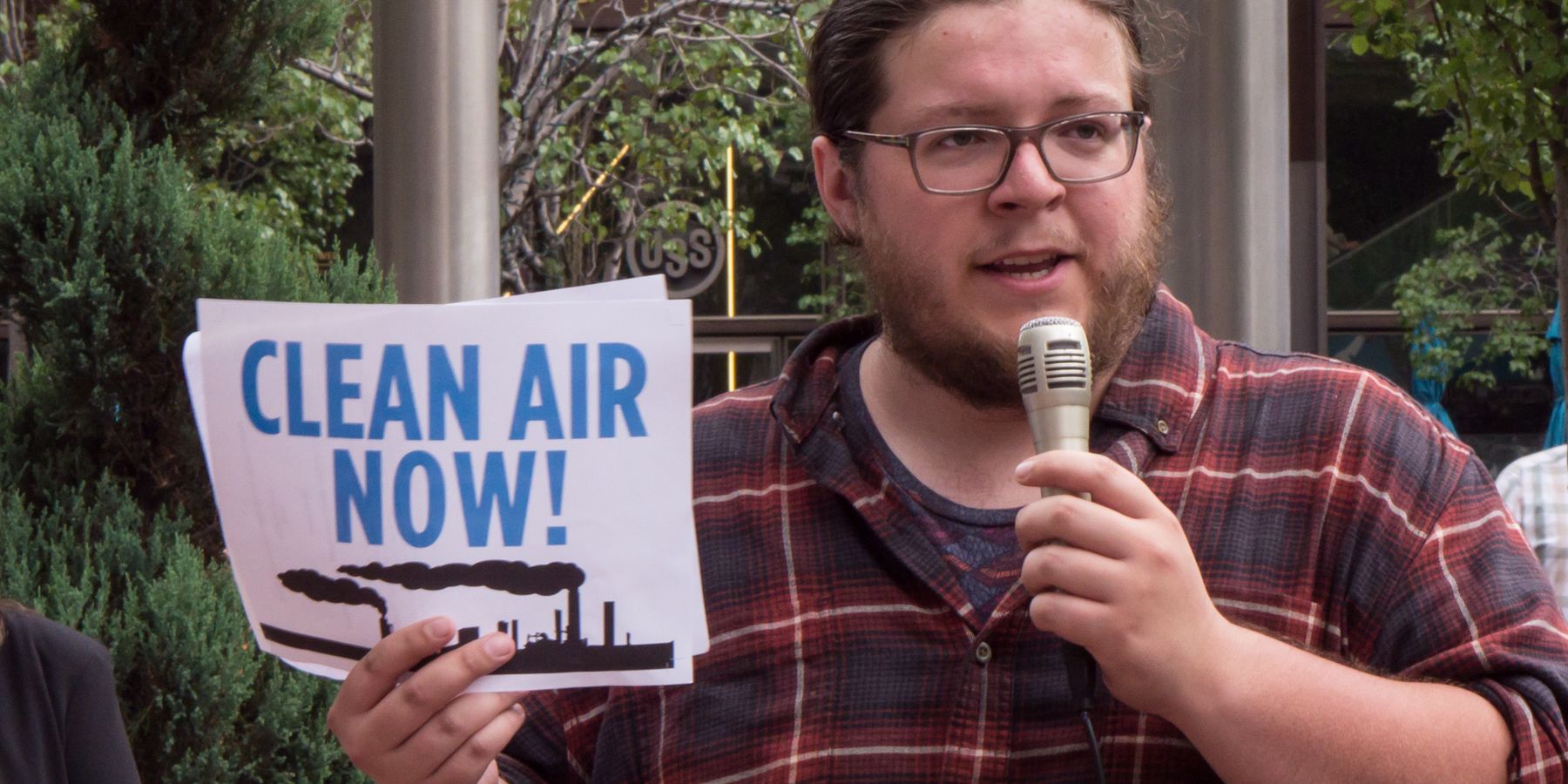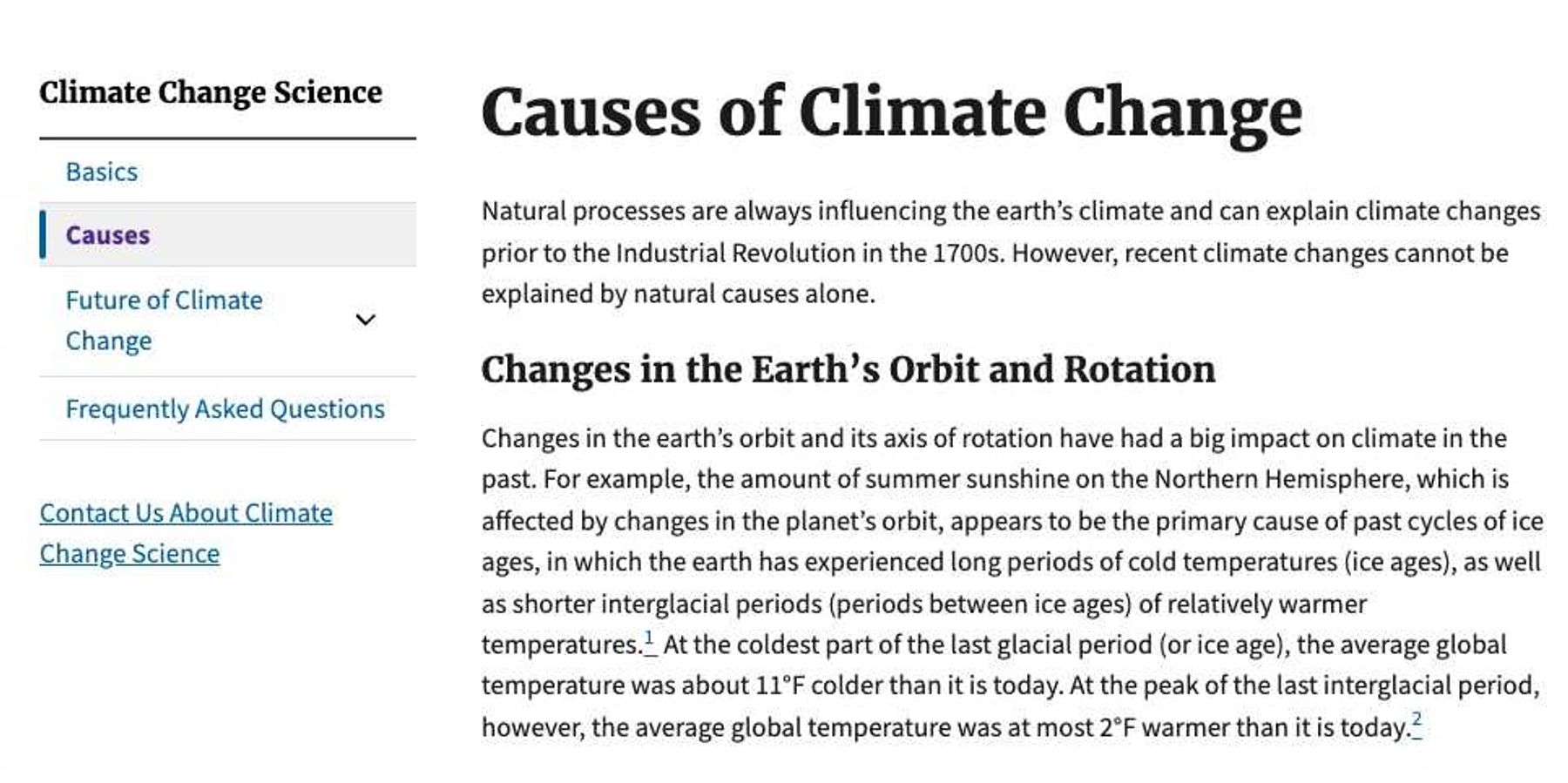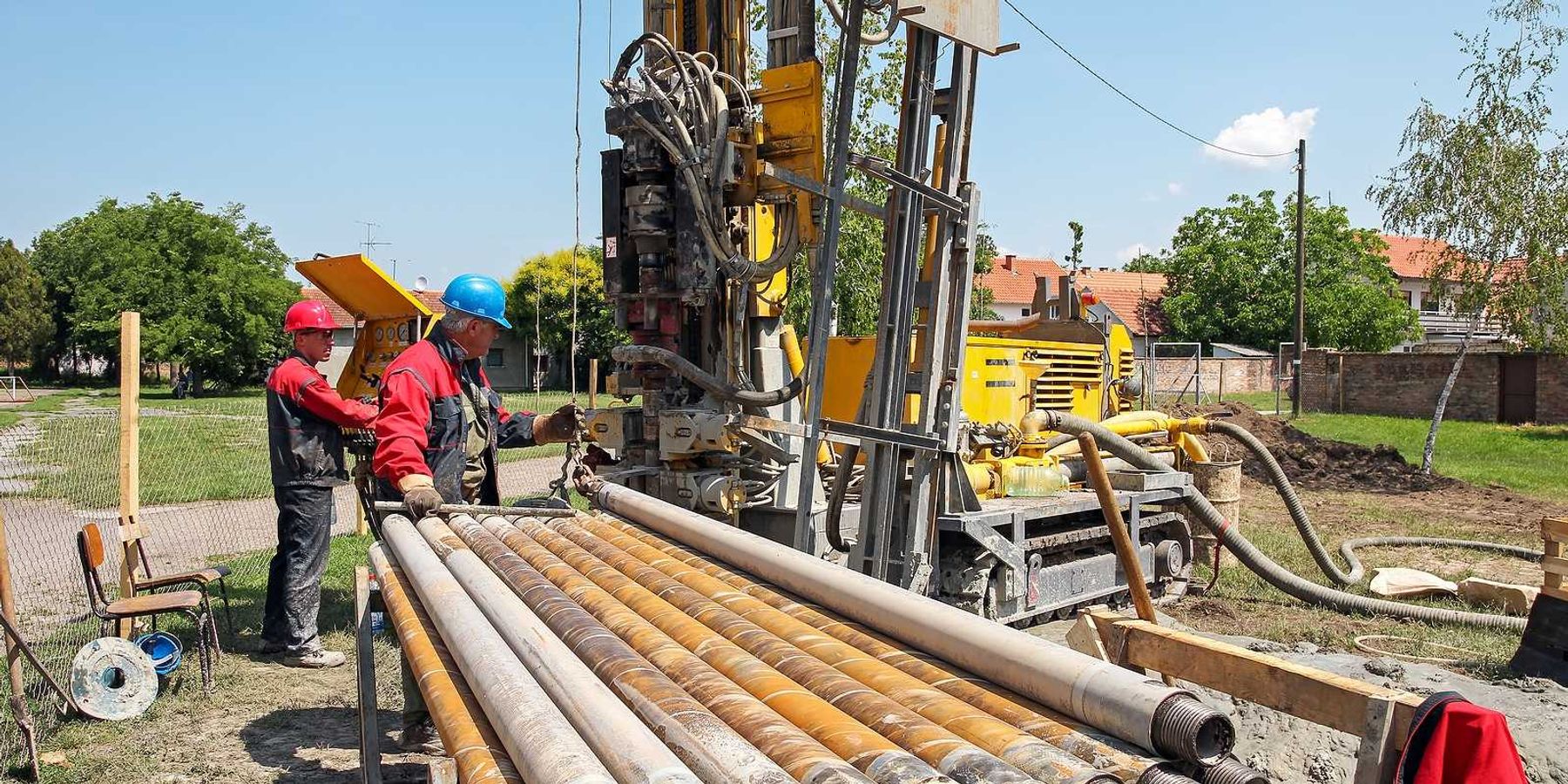
Pittsburgh's air was unsafe to breathe for 3 months in 2018
"There's at least one day a week where just breathing the air in Pittsburgh while you're just going about your day puts your health at risk"
PITTSBURGH—The air in Pittsburgh was unsafe to breathe for three months in 2018, according to a new report from the PennEnvironment Research and Policy Center.
The study, published today, looks at national air quality data from 2018 in both urban and rural regions. There were 90 days in which half or more air monitoring locations reported levels of particulate matter or ozone pollution above levels that pose "little to no risk" to human health according to the U.S. Environmental Protection Agency (EPA).
Ozone and particulate matter pollution can trigger a host of respiratory and heart issues including heart attacks, asthma and COPD. Particulate matter pollution has also been linked to cancer, premature births and heightened risk of autism. The Pittsburgh region has higher than average rates of asthma and certain types of cancer linked to air pollution.
"Having 90 days of unhealthy air means there's at least one day a week where just breathing the air in Pittsburgh while you're just going about your day puts your health at risk," Zachary Barber, a Pittsburgh-based clean air advocate with PennEnvironment, told EHN. "That is completely unacceptable."
The greater Pittsburgh region also scored all F's on the American Lung Association's air quality report card for 2018, and the region had some of the stinkiest and most polluted air in the country at the end of 2019. Previous research has shown that traffic and industrial emissions are the region's largest sources of air pollution.
Some modest regional improvement

Flickr/ctj71081
While having unsafe air for a quarter of the year poses serious threats to public health, this report does point to some improvements: The organization's last report on national air quality, which came out in 2018 and looked at 2016 data, found that Pittsburgh had 121 days of unsafe air—so the region had 31 days of cleaner air this time around.
In 2018, Pittsburgh had 39 days in which half or more monitoring locations reported elevated levels of ozone pollution and 72 days with elevated levels of particulate matter pollution, according to the report. In 2016, there were 46 days with elevated ozone pollution and 97 days with elevated particulate matter pollution.
"It's hard to draw an overarching trend from just two years of data on unhealthy air days," Barber said. "We do know that in general over the past several decades, the trend has been toward improvements in air quality, though it has often been a little slower in Pittsburgh than the rest of the country."
National numbers worsen

Air quality remains a problem in much of the U.S. According to the report, 108 million Americans lived in areas that experienced more than 100 days of degraded air quality in 2018, and another 157 million Americans saw at least 31 days—a month or more—of elevated ozone and/or particulate matter pollution, including Pittsburghers.
Nationally, air pollution actually got worse from 2016 to 2018 after seven years of steady improvement, and the United States saw 9,700 premature deaths as a result of air pollution in 2018, according to researchers at Carnegie Mellon University.
The PennEnvironment report also notes that levels of air pollution that meet current federal air quality standards can still be harmful to health, especially with prolonged exposure. Research shows increased numbers of premature deaths in people exposed to pollution at levels the EPA considers "good" or "moderate," and current federal standards are less stringent than those recommended by the World Health Organization.
"Just because we're seeing some improvement," Barber said, "that doesn't mean we can sit back and rest on our laurels. There's a lot of hard work that needs to be done to clean up the air in the region to protect our health, especially when it comes to curbing industrial pollution."













